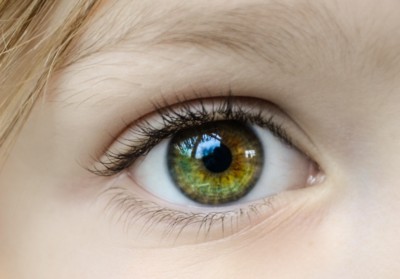Twelve months ago, siblings 17-year-old Rylee and 15-year-old Saman had never seen a star. That was until a radical ocular gene therapy, known as LUXTURNA, helped to restore some of Rylee and Saman’s vision.
Rylee and Saman were both diagnosed with Leber congenital amaurosis, a severe form of retinal dystrophy, in their first year of life. The inherited retinal disease (IRD) leads to progressive vision loss and blindness. Read Rylee and Saman’s story here.
Approved by the Therapeutic Goods Administration, LUXTURNA is the world’s first approved gene replacement therapy for an IRD condition and one of the first gene replacements for any human disease. The therapy was delivered at The Children’s Hospital at Westmead as part of Ocular Gene and Cell Therapies Australia (OGCTA).
Luminesce Alliance has funded a health economics study on IRD patients. Early results show significantly reduced health-related utility in the IRD patients, across all dimensions of quality of life scores. This is in the areas of independent living, senses, relationships, self-worth, mental health, coping, pain and happiness. Studies are also in progress analysing lifetime impact of IRDs, with preliminary analysis showing significant impacts on education, lost employment opportunities for young people and older individuals, health related costs, and psychosocial impacts.
Watch this space for more updates on a soon to be released paper.



